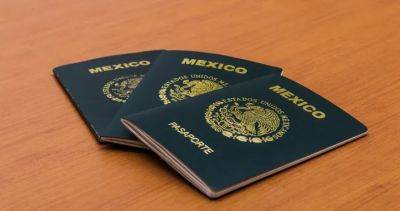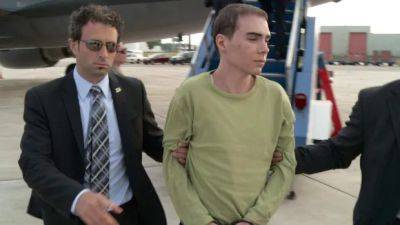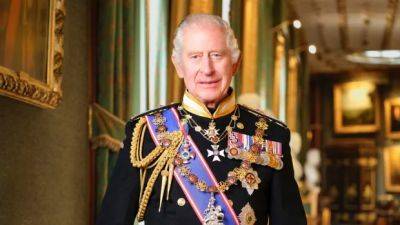Why has Canada’s war criminal unit not published a report in over 8 years?
A federal government unit tasked with keeping war criminals out of Canada has not published a report on its activities in more than eight years, and its budget hasn’t been adjusted in more than two decades.
The War Crimes Program has a mandate to prevent Canada from becoming a safe haven for people accused of committing atrocities including genocide and crimes against humanity.
It is a joint effort by the departments of justice and immigration, the RCMP and the Canada Border Services Agency.
Between the program’s launch in 1998 and 2008, it reported annually on its activities, documenting hundreds of cases in which suspected war criminals were investigated, along with the results of those probes.
It has produced only two reports since then, and none since 2015. When asked about the missing data, a spokesman did not provide a reason for the lack of reports.
“The War Crimes Program is currently working to modernize its public reporting practices collecting data from 2016 to present with a view to updating the website,” Ian McLeod said in an email.
He also said the annual budget is $15.6 million. That is the same allocation the program received annually between 1998 and 2015, according to the reports that were published.
David Matas, a senior lawyer for B’nai Brith Canada, said the lack of reporting is a problem.
But he said it’s not overly surprising because the program has also suffered from a lack of funding.
“It’s a sorry story,” Matas said in an interview. “They don’t have much to report. Or you could say that in light of the underfunding, things haven’t changed that much.”
The program arose about 11 years after a report from the Deschênes Commission on war criminals.
The commission was launched in 1985 following the publication







